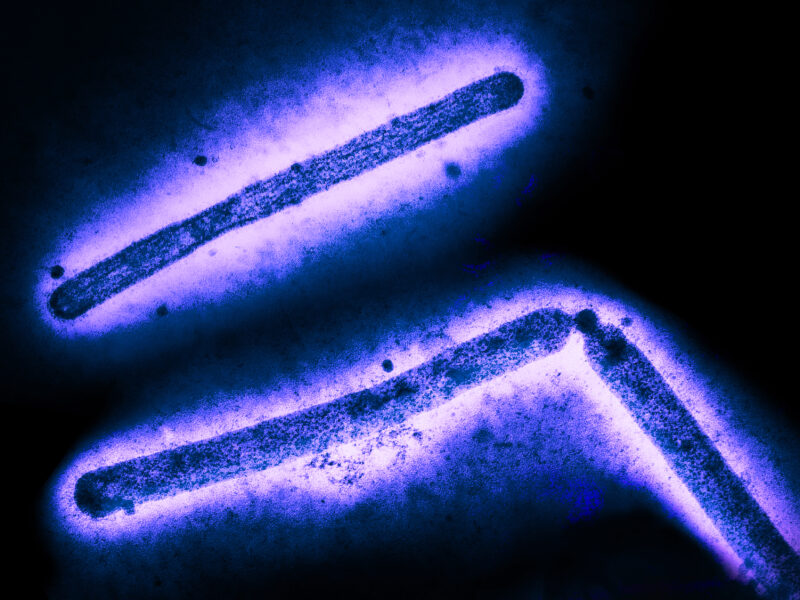Scientists at Washington University in St. Louis have uncovered a protein that they believe might be the key to controlling the deadly malaria parasite, Plasmodium falciparum.
The discovery could lead to new anti-malarial drugs that will attack the protein necessary for the parasite to survive, researchers said.
“If you can target the protein and basically kill the activity of the protein, you shut down the production of building blocks for membranes which will then make the organism die off, or slow down the progression," research team leader Dr. Joseph Jez said in a report posted by Voice of America.
The enzyme, known as phosphoethanolamine methyltransferase, or PMT, is used by the parasite to make cell membranes – without which it dies.
The research team spent six years analyzing the three-dimensional molecular structure of the protein through a painstaking protein crystallization process.
Jez said that this process was critical to understanding the protein and how it works. By looking at PMT in three dimensions, he said, scientists could design pharmaceuticals that will better target that specific protein – and because it is not found in human cells these drugs could be safely administered to humans.
Knowledge gained from this research could also help understand how to attack other parasites, like worms, which depend on the same protein, Jez added.
The research was featured in the January 6 issue of the Journal of Biological Chemistry as the “Paper of the Week.”
This discovery comes at a time when the World Health Organization (WHO) reports growing concern regarding resistance to anti-malarial drugs. Research in the past several years has revealed a growing resistance to the current first-line treatments for the P falciparum form of malaria, artemisinin.
Research conducted on artemisinin resistance has focused largely on the area along the Thai-Cambodian border, but the WHO has expressed concerns that the resistant strain could spread and potentially unravel the huge advances made in malaria treatment over the past decade.

